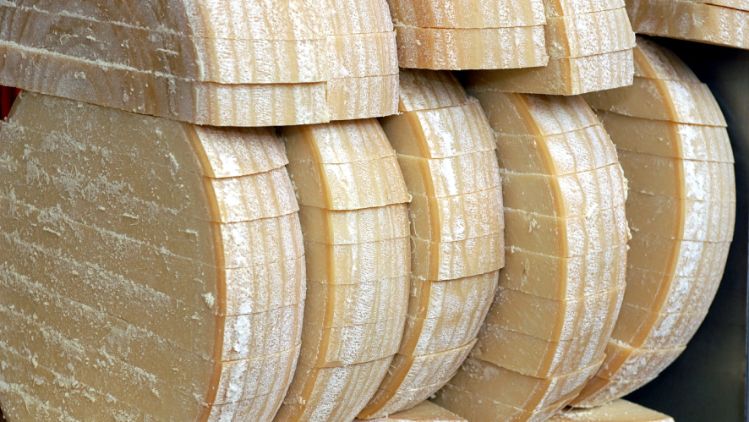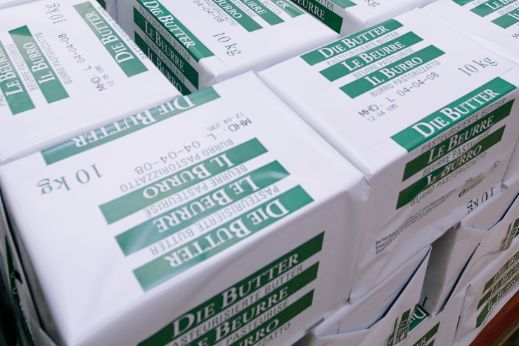
Free trade in cheese between Switzerland and the EU
As part of the bilateral treaties with the European Union (EU), the 2002 agricultural policy aims to improve the competitiveness of the Swiss agricultural sector. The agreement between Switzerland and the EU on trade in agricultural products enters into force in 2002. Trading in cheese sees the biggest changes as a result of the new accord. Between 2002 and 2007, both parties reduce customs charges on an incremental basis, and from June 2007 the movement of cheese goods between Switzerland and the EU is duty-free. Since then, all border protections towards the EU for Switzerland's most important dairy product have been lifted. The domestic subsidies for the sale of cheese in the Swiss market are paid out for the last time in 2002. The export subsidies for cheese exports outside the EU remain in place until 2008, albeit at a continually declining level. This creates considerably more challenging conditions for the Swiss dairy industry as a whole.

